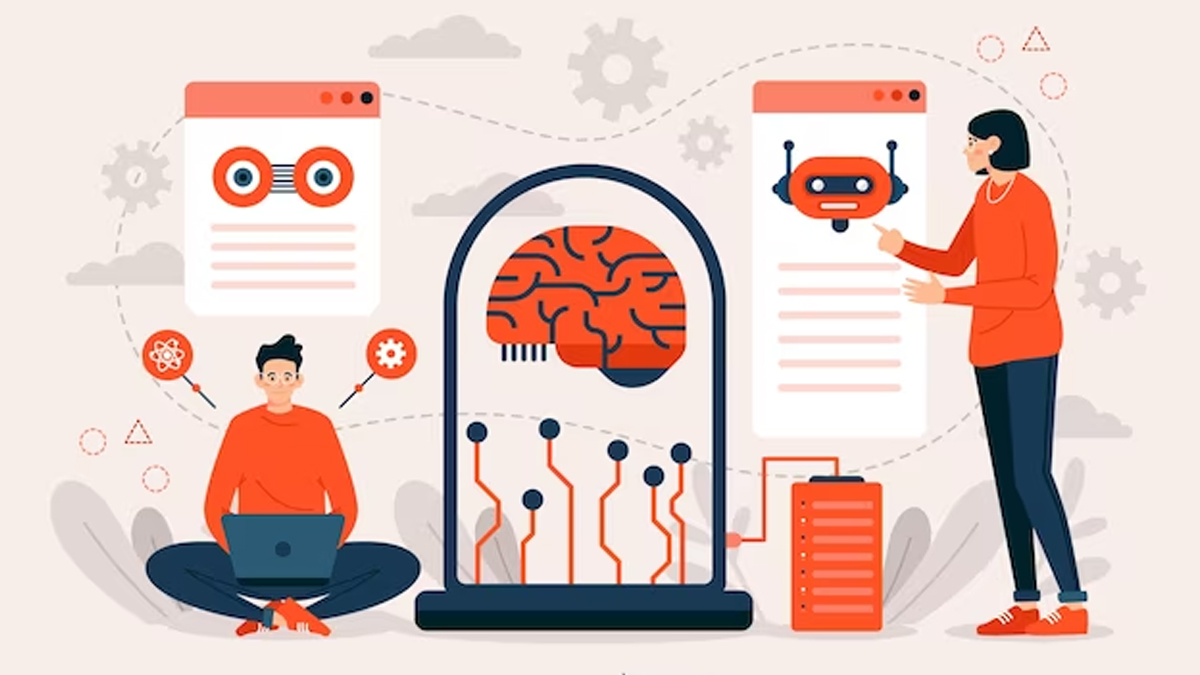AI technology has the potential to create innovative and creative works, such as music, literature, art, and inventions. However, determining the ownership and protection of these works raises significant legal and ethical questions.
1. Ownership of AI-Generated Works:
When it comes to AI-generated works, determining the ownership can be challenging. In many jurisdictions, copyright laws grant ownership to the creator of the work. However, AI-generated works blur the lines of authorship since there is no human creator in the traditional sense. The question arises whether the owner should be the person who developed the AI system, the person who trained the AI, or the AI system itself.
2. Human Involvement and Creative Input:
The level of human involvement and creative input in the generation of AI works can influence the determination of ownership. If a human programmer or user significantly contributes to the creative process, they may have a legitimate claim to ownership. This is particularly relevant in cases where the AI system acts as a tool or a medium for human expression.
3. Legal Frameworks and Copyright:
Existing copyright laws were primarily designed to protect human-created works. However, some jurisdictions are exploring whether AI-generated works should be eligible for copyright protection. For instance, the European Union’s Copyright Directive recognizes copyright protection for works generated by AI but attributes the rights to the person who provides the AI with the training data and configures the system.
4. Patents and Inventions:
AI technology is also capable of generating novel inventions, which raises questions regarding patent protection. Patents typically require human inventors, so the question of whether AI systems can be considered inventors is being debated in various jurisdictions. As of now, most patent offices require human inventors for granting patents.
5. Data Ownership and Training:
AI systems rely on vast amounts of data for training, which raises concerns about data ownership and access rights. The ownership of training data used to develop AI systems is often determined by existing contractual agreements or applicable data protection laws. Organizations that train AI systems may have proprietary rights over the trained models, but the underlying data may have different ownership considerations.
6. Ethical Considerations:
Apart from legal aspects, ethical considerations play a crucial role in determining IPRs in AI-generated works. Issues such as transparency, accountability, bias, and fairness in AI systems can impact the ownership and use of AI-generated works. Ethical frameworks and guidelines are being developed to address these concerns.
7. Policy and Future Developments:
Policymakers are actively considering the legal and policy implications of IPRs in AI-generated works. International discussions and collaborations are taking place to find appropriate solutions. It’s likely that laws and regulations will evolve to adapt to the rapid advancements in AI technology and address the complex issues surrounding IPRs in AI-generated works.
In summary, determining IPRs in AI-generated works is a multifaceted issue involving legal, ethical, and policy considerations. The current legal frameworks are still catching up with the pace of technological advancements. As AI continues to evolve, it is essential to strike a balance between promoting innovation and creativity while ensuring fair and appropriate ownership and protection of AI-generated works.
